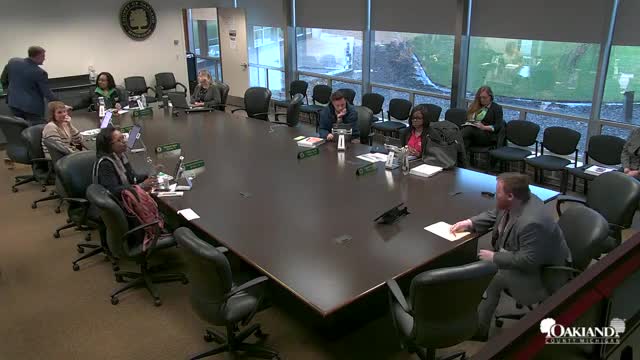Article not found
This article is no longer available. But don't worry—we've gathered other articles that discuss the same topic.
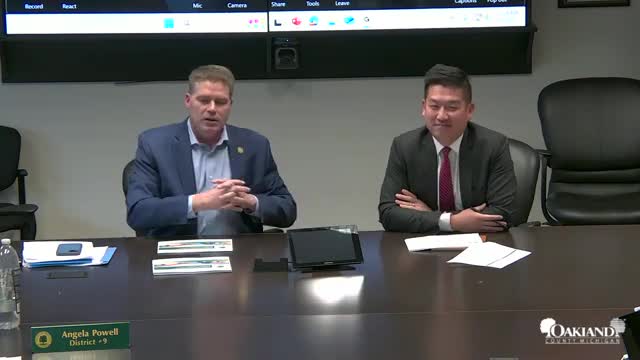
Oakland County proposes new authority, cloud migration and $20 million overhaul for regional law‑enforcement records system
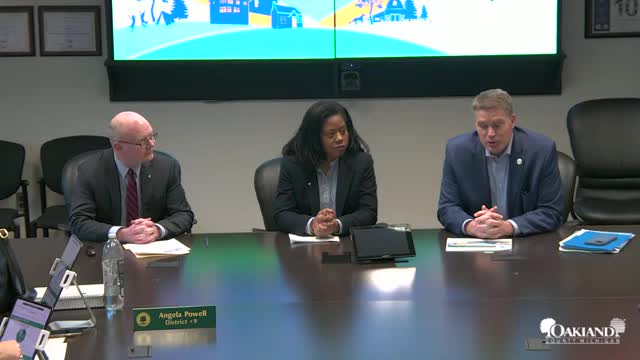
Oakland County outlines procurement overhaul: more staff training, standardized templates and supplier diversity push
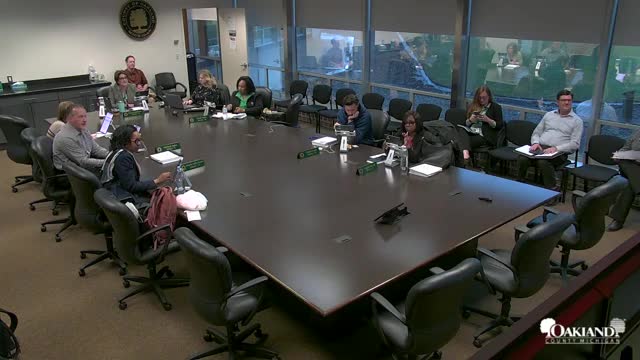
Oakland County opioid settlement committee outlines priorities and requests initial funding for clinical upgrades, FTIR testing and resource directory
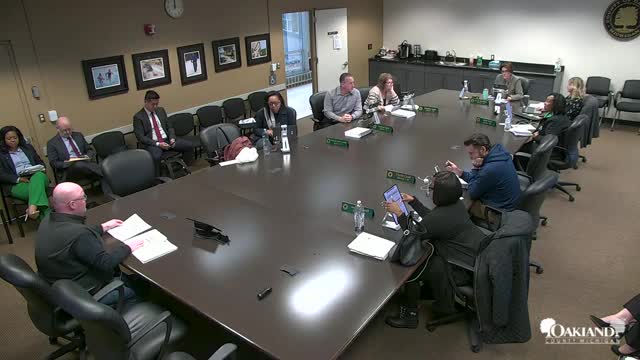
County approves two Presbyterian Village brownfield plans to expand affordable housing in Pontiac
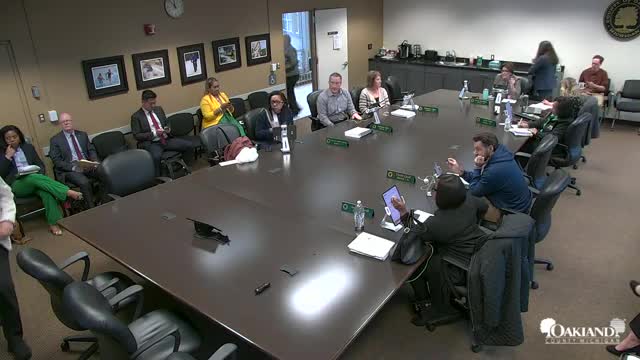
County moves to back $14 million sanitary system improvements for Evergreen‑Farmington drainage district
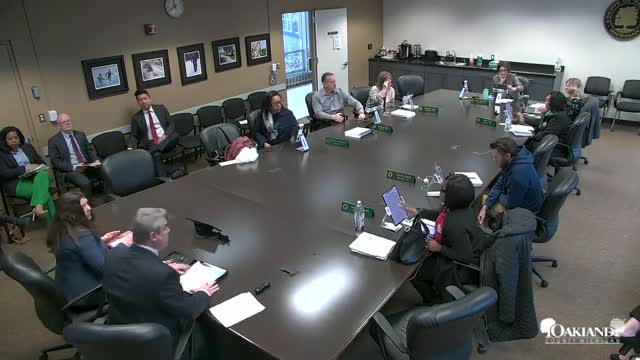
Finance committee approves Oakland County 2025 equalization report showing 6.3% increase in equalized value
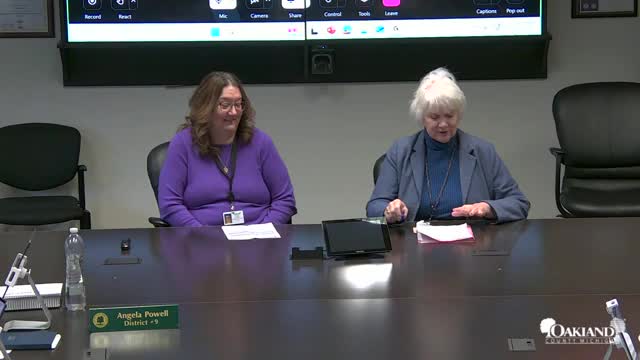
Oakland County board reaffirms 9‑1‑1 fee at 42¢ per device, discusses future increases and sunset
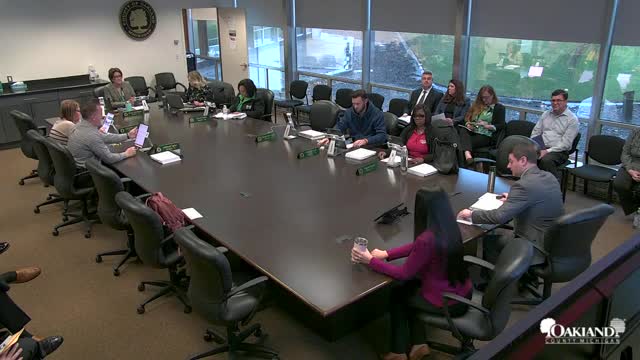
Oakland County seeks $21.7 million from Michigan Indigent Defense Commission to fund public defense services
